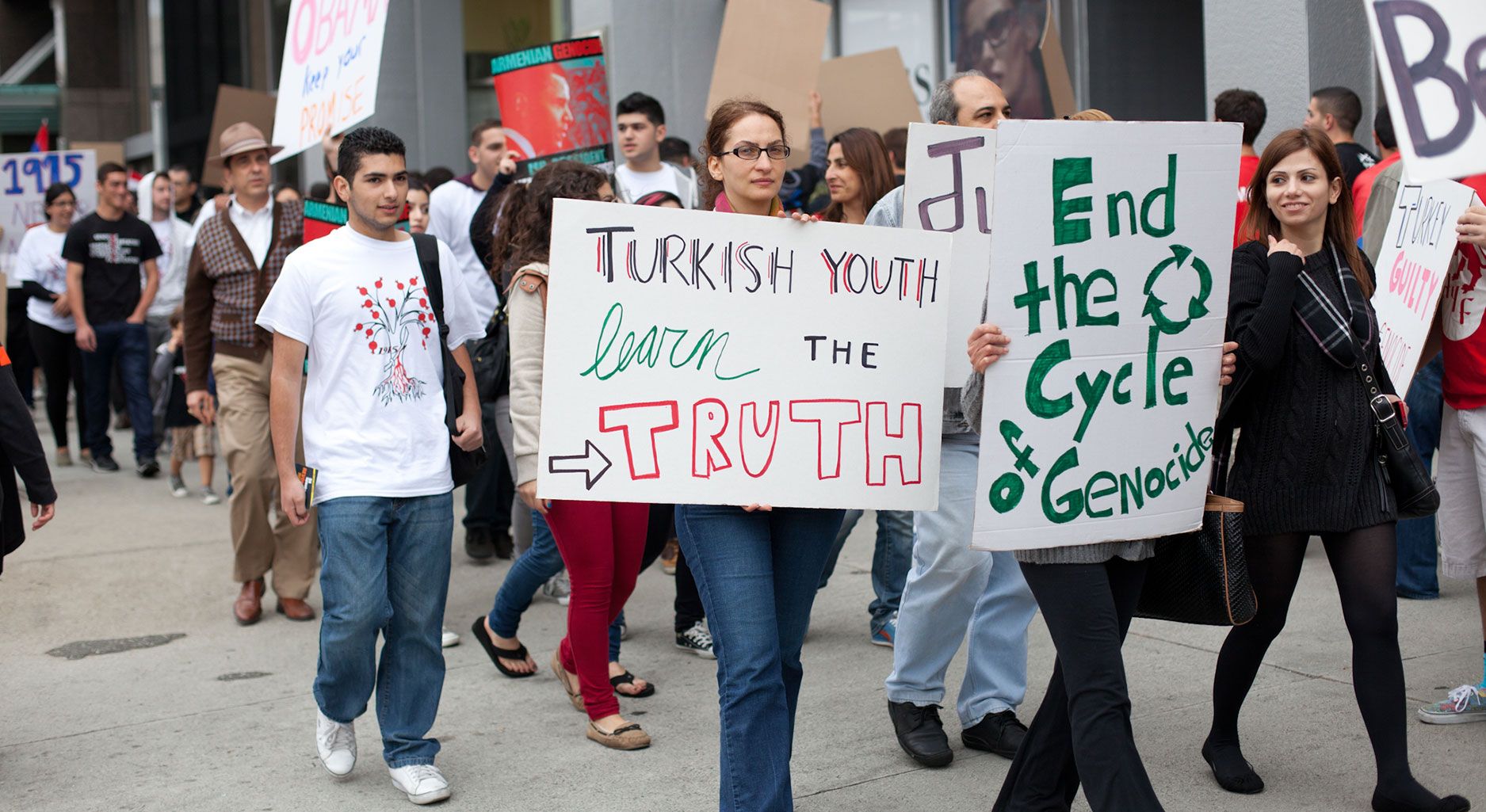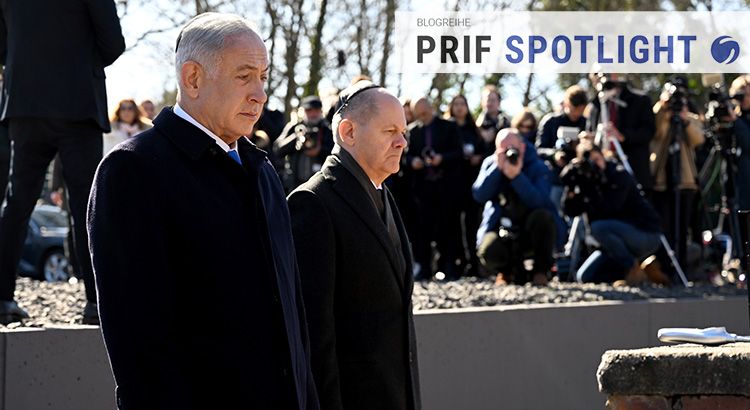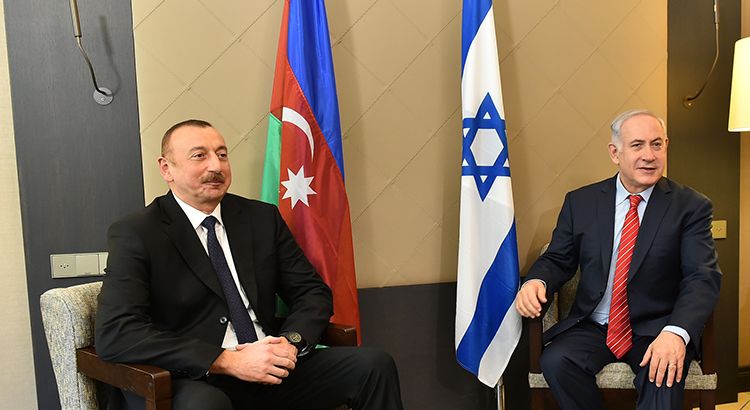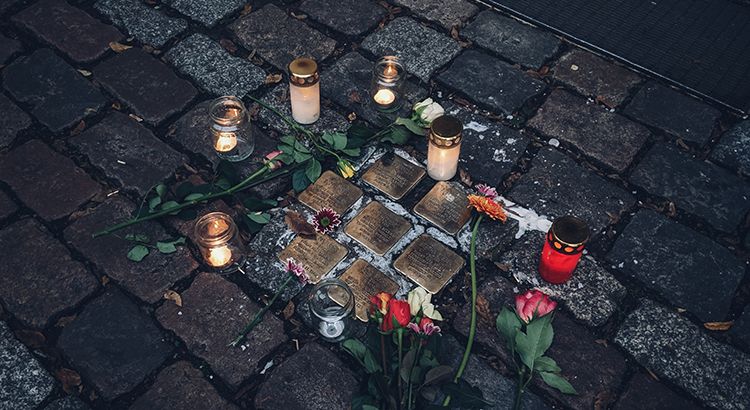The Politics of Silence in Turkey: The Armenian Genocide on Its 110th Anniversary and a Memory Under Siege
As the world marks the 110th anniversary of the Armenian Genocide on 24 April 2025, the enduring power of denialism continues to shape how the Genocide is remembered—or deliberately forgotten. Since the centennial in 2015, Turkey has significantly altered its denial policy in response to evolving international norms surrounding the recognition of the Armenian Genocide.




